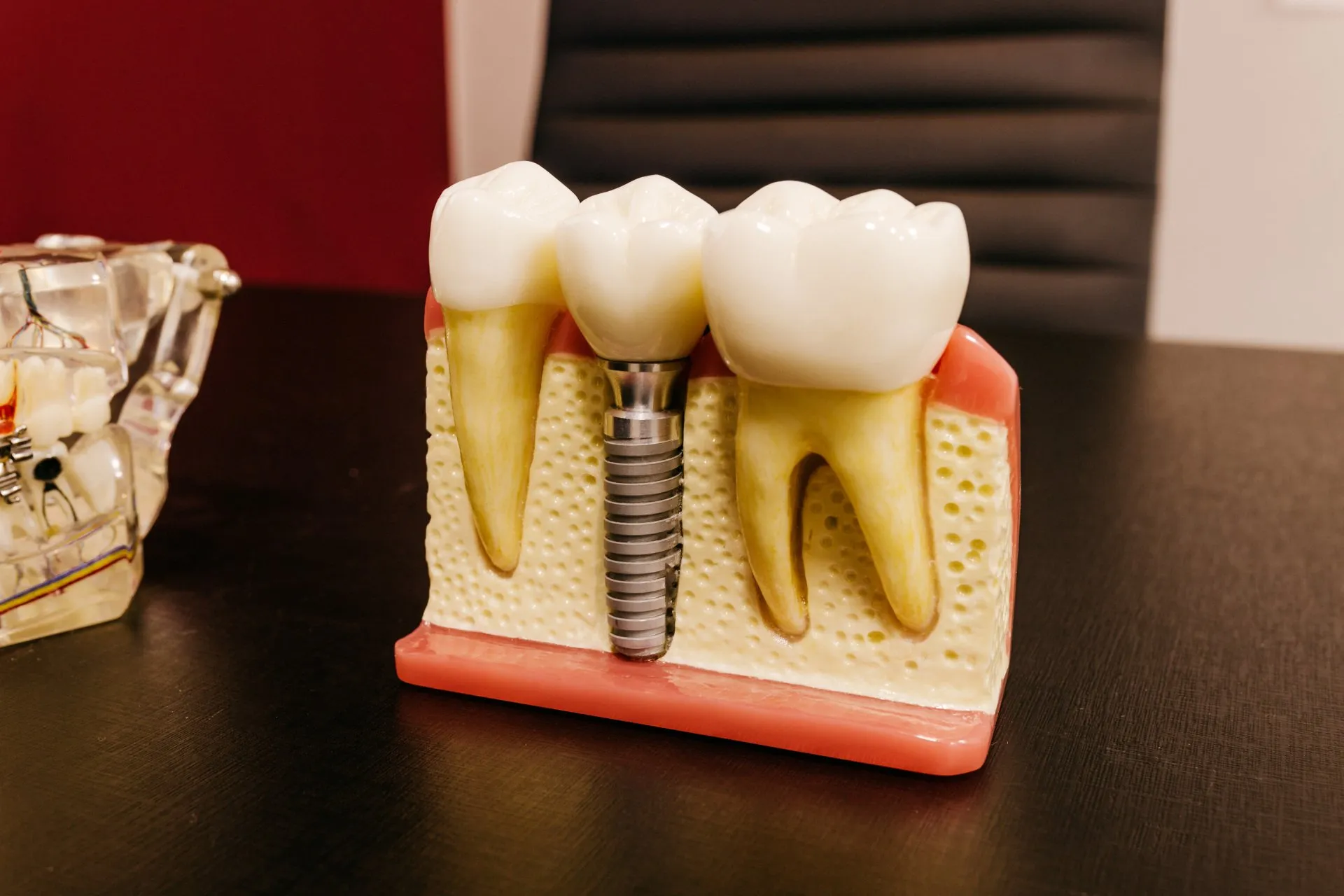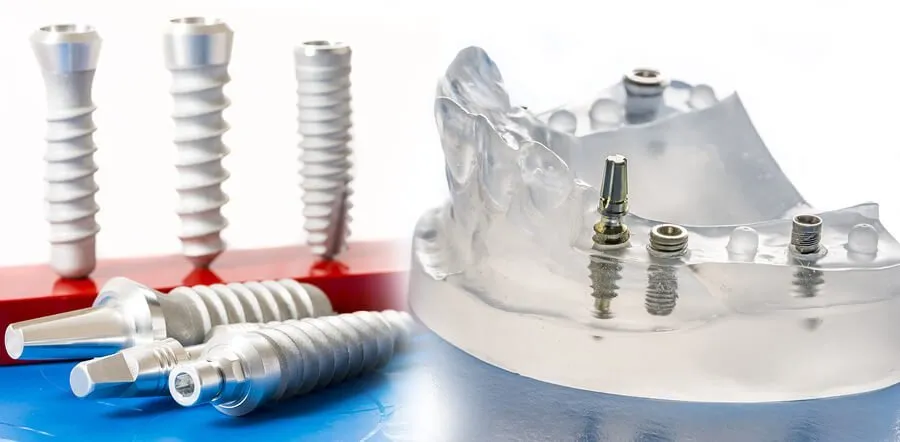How Long Do Dental Implants Last?

Dental implants are a great choice for patients looking to replace a missing tooth or missing teeth. These fixtures are securely placed onto the jawbone and have the ability to act as an artificial tooth. They are custom made to each individual patients’ requirements, which means that they camouflage perfectly with the rest of the smile.
The structure that is attached to the jawbone connects to the prosthetic tooth, also known as a crown. The insert itself is meant to be permanent. There have been studies that reported that 90 to 95 percent last 10 years or more. This is especially true for patients who care properly for their implants.
The reason for dental implants’ high success rate is that the fixture is attached directly to the jawbone. The dental implant and the jawbone become bonded with surrounded bone tissue. This process is known as osseointegration.
Once osseointegration is completed, the implant is fused to the jawbone. We can think of this fixture as an artificial tooth root. The crown, which is the prosthetic tooth, is inserted into this new tooth root. The crown also happens to be the part that is most likely to require replacement as time goes by due to expected wear and tear. Roughly 50 to 80 percent of crowns require replacement after 15 years.
Like most things in life, the better a patient cares for their dental implant, the longer it will last. We thought it would be prudent to highlight some of the main issues that can shorten the lifespan of a dental implant and its crown.
Lack Of Bone Mass
As mentioned above, the dental implants need to be fused with the jawbone. There are instances when the jawbone has receded to such an extent that there simply isn’t enough bone present for the implant to be securely attached.
The good news is that this is easily detected during the initial X-Ray and 3-D Modeling exams. If you are one of the few people that is lacking bone mass, we are able to provide options to move forward with your dental implants. Please, do not be timid to ask our team about such said options during your next appointment.

Improper Care & Maintenance
We cannot stress enough how important oral hygiene is for your overall dental health. This also applies to dental implants. Plaque can often lead to gum disease, which in turn can eat at the gums and jawbone. Remember, lack of bone mass equals an inability for the dental implant to fuse to the jawbone.
Taking care of your overall dental health is extremely important in making your dental implant last. This is as simple as brushing the teeth twice a day, flossing daily, limiting your consumption of sugar, and visiting our office for biannual dental cleanings.
Smoking
Grinding Teeth
For some patients, teeth grinding was the main contributor to the loss of their natural tooth. Unfortunately, this can also affect the dental implant. Teeth grinding can fracture the implant by loosening or fracturing the screw or crown.
There are other factors that can affect the success of dental implants. These include certain medical conditions, age, medications, and the level of experience of the surgeon performing the procedure. If you are currently looking to replace a missing tooth, we would love to open up the conversation with you during your next visit to our clinic. Our team is very knowledgeable in this topic and we would be delighted to answer your questions. We understand that this is a lengthy process that requires time and commitment. We are happy to guide you in the right direction and present all of your options during your next appointment!




